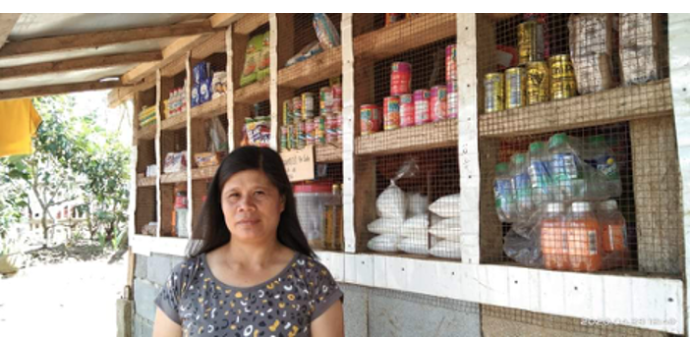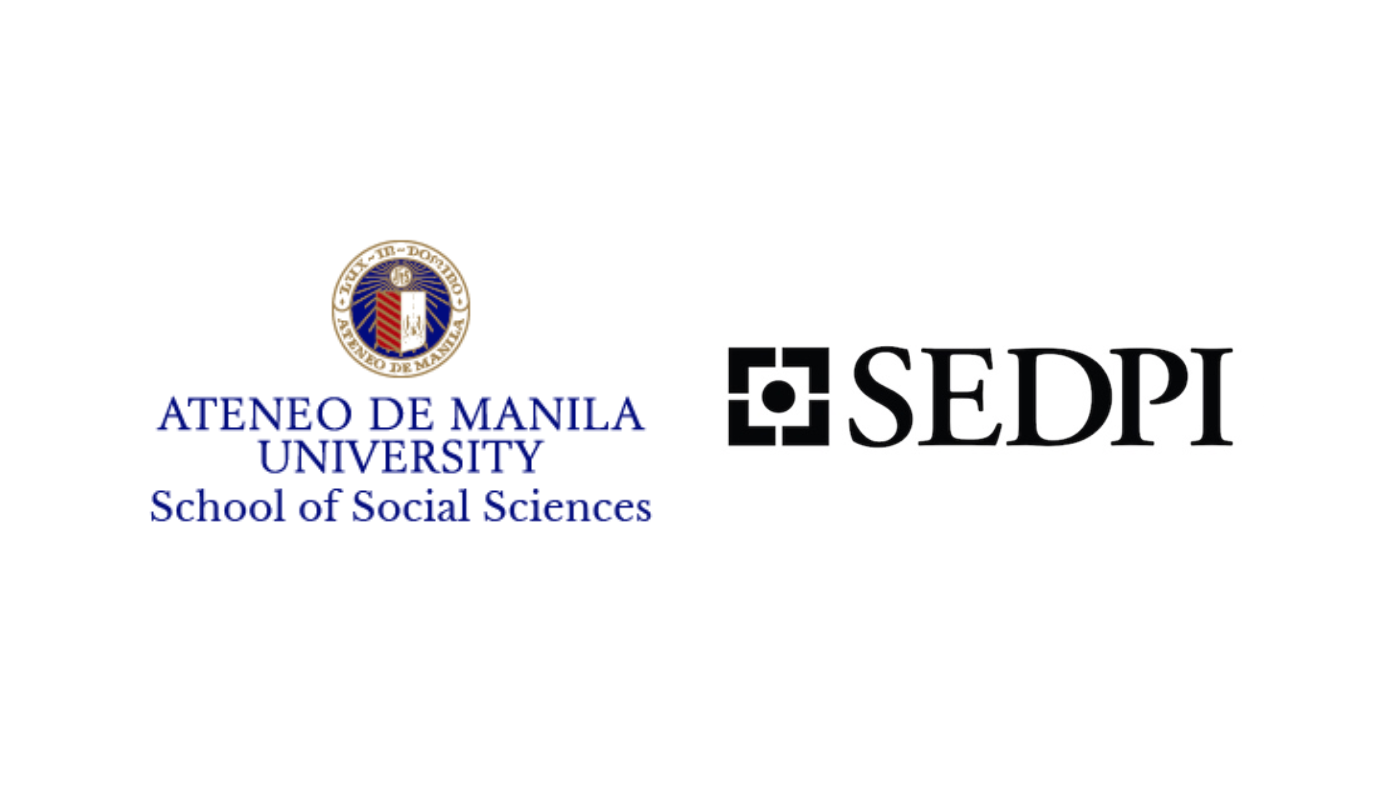Category: Microfinance
-
Never Too Small for Hope- Part III (Service Economy)
Federic Caneta / Resident of Cebu City – Furniture Maker The miter saw is silent in Federic Caneta’s workshop. The carpenter has a cabinet and a couple of shelves from commissions that were canceled because of the lockdown. His monthly projects vary with demand, “I make furniture on a custom-made or pre-order basis. Orders would…
-

Never too Small for Hope – Part II (Transport and Logistics)
Image Credit: FreePik Respondent: Jhun Rodriguez / Resident of Quezon City- Tricycle Driver Jhun Rodriquez’s day would start with morning commuters in Quezon City. He is one of 4.5 million drivers across the country who have left their vehicles in garages until quarantine conditions are lifted. Jhun has put a ‘Family Use – Private’ sign on…
-
ARBOs Remain Covid-free
Agrarian Reform Beneficiary Organizations (ARBO) in Sarangani, Sultan Kudarat, Maguindanao, and Lanao del Sur Provinces remain covid free. This is the result of the ARBO covid-19 quick assessment conducted by SEDPI on April 20-24, 2020. While some ARBOs have completely stopped operations, 36% or ten (10) out of twenty-eight (28) participating ARBOs continue to provide…
-
Update 3: Community assessment and recommendations for support to microenterprises and the informal sector during and after COVID-19
SEDPI is a group of social enterprises that provide capacity building and social investments to development organizations and directly to microenterprises. We serve ~8,000 microenterprises in Agusan del Sur and Surigao del Sur, two of the poorest provinces in the Philippines. Most of our members, about nine in 10, are women with an average age…
-
SEDPI inks partnership with SSS to bring social safety nets to low income groups
“SEDPI believes that the marginalized sector should be the first to enjoy the benefits of government services,” Vince Rapisura, SEDPI President, said in a statement on the occasion of its Memorandum of Agreement signing with Social Security System (SSS). “Our partnership with SSS will realize this so that low income groups will benefit fron social…



